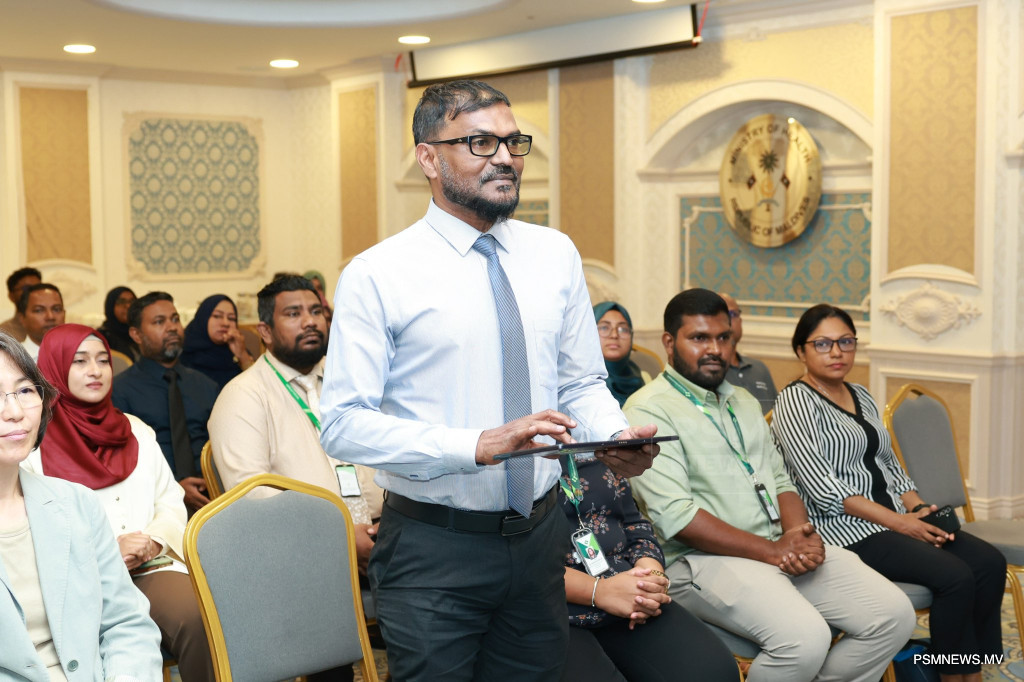
In a critical response to escalating mental health crises, the Ministry of Health officially launched the National Suicide Prevention Strategy at a ceremony attended by government officials, WHO representatives, and public health experts.
The comprehensive five-year plan, officially inaugurated by the Director General of Health Service, Dr Ahmed Ashraf, aims to drastically reduce the incidence of suicide stemming from mental illness by focusing on proactive intervention and systemic resilience.
Suicide driven by underlying mental distress remains a dire global health emergency, claiming over 720,000 lives annually—a toll higher than that of HIV/AIDS, malaria, and breast cancer. Locally, the issue presents unique challenges; statistics indicate that one in 20 people in the Maldives experiences thoughts of self-harm or suicide. Compounding this, data shows 18.7 percent of women who have endured domestic violence report suicidal ideation, with 14 percent having attempted suicide, highlighting the deep connection between societal stressors and acute mental distress.
The newly introduced strategy adopts a holistic, multi-faceted approach centered on five key pillars - promoting public well-being, significantly reducing suicide risk linked to mental illness, increasing community resilience, fostering community engagement in social and economic affairs, and strengthening the country’s entire mental health support system.
Specific priorities outlined in the action plan target both policy and practical implementation. These include shaping national suicide prevention policies, providing accessible mental health services, and implementing programmes to teach crucial social skills. A key component of the strategy is the immediate strengthening of systems designed to identify vulnerable individuals and provide rapid assistance. The plan also emphasises increasing digital and media literacy, coupled with enhancing parental involvement, to establish stronger protective factors within families and communities.
Acknowledging that stigma remains a significant barrier to seeking help—leading to people being dismissively labeled as "cowardly" or "attention-seeking"—the strategy places high importance on early identification of at-risk individuals. By providing immediate referral services, encouraging long-term treatment adherence, and consistently improving the quality of psychiatric assistance, the Ministry hopes to challenge negative societal perceptions and ensure those struggling receive much-needed support.
The strategy’s five-year mandate is particularly timely, given the projected doubling of mental health issues like depression and anxiety following the Covid-19 pandemic. Addressing stressors such as chronic drug abuse, sexual abuse, domestic violence, and financial strain, the Ministry asserts that this national commitment is essential not only to save lives but also to prevent the adverse impact on societal productivity caused by this sensitive and urgent public health concern.
